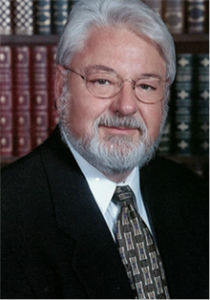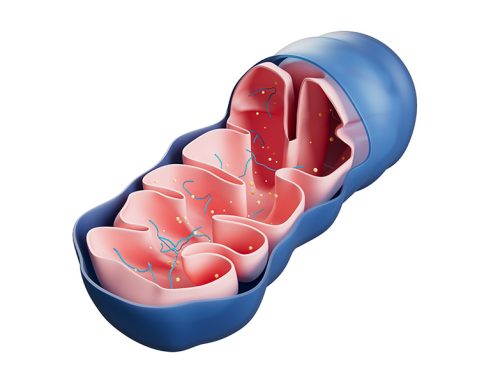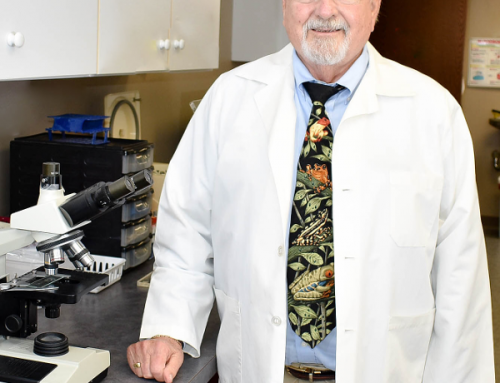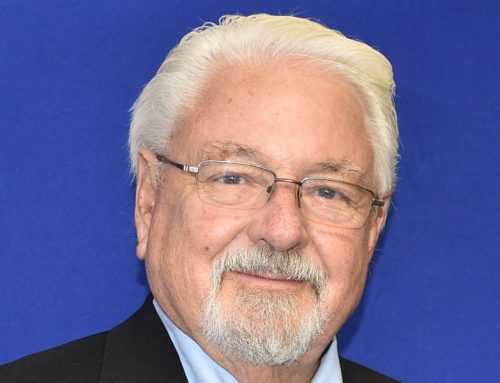CoQ10 supplementation in patients with chronic fatigue syndrome (CFS) can increase plasma CoQ10 to therapeutic levels and increase muscle CoQ10 to normal levels. The CoQ10 supplementation can improve exercise performance and recovery in CFS patients [Rosenfeldt 2025].

Dr. William Judy (1938-2022) was a researcher who led clinical trials of CoQ10 supplementation and heart disease and chronic fatigue syndrome. The data that Franklin Rosenfeldt analyzed and reported on was collected and compiled by Dr. Judy.
Chronic fatigue syndrome is a health condition that is characterized by physical and mental fatigue lasting more than six months. Commonly, a viral infection triggers chronic fatigue syndrome. Mitochondrial dysfunction, oxidative stress, and inflammation are all implicated in the development and progression of CFS. There is no effective treatment for CFS. CoQ10 supplementation may be a viable therapeutic approach [Rosenfeldt 2025].
Note: In a 2022 meta-analysis of 13 RCTs enrolling a total of 1,126 participants, Tsai et al reported that that CoQ10 is an effective and safe supplement for reducing fatigue symptoms.
Pilot Study of CoQ10 Supplementation and Chronic Fatigue Syndrome
At the 11th conference of the International Coenzyme Q10 Association held in Copenhagen 16-19 June 2025, Prof. Franklin Rosenfeldt reported on a study of clinical trial data compiled by Dr. William V. Judy, now deceased. Judy enrolled 24 CFS patients. For six months, Judy administered either CoQ10 100mg/day (Low dose) or 300mg/day (High dose) to the 24 CFS patients. Then, after the cessation of the CoQ10 supplementation, he followed the CFS patients for another 180 days Judy also recruited 12 healthy volunteers to serve as controls. To these 12 normal study participants, Judy administered a placebo for 12 months [Rosenfeldt 2025].
The study results showed the following interesting relationships [Rosenfeldt 2025]:
Plasma CoQ10 levels
- At baseline, the CFS patients had lower plasma CoQ10 levels than normal controls did. CFS patients had plasma CoQ10 levels of 0.59 – 0.61 mg/L. Normal controls had plasma CoQ10 levels of 0.89 mg/L.
- During the 180-day CoQ10 supplementation period, the plasma CoQ10 level increased fourfold in the low dose supplementation group and sixfold in the high dose supplementation group.
- The supplement-associated increase in plasma CoQ10 levels was significantly higher in patients in the high dose treatment group.
Skeletal muscle CoQ10 levels
- At baseline, skeletal muscle CoQ10 levels in both treatment groups were significantly lower than the skeletal muscle CoQ10 levels in normal controls.
- At 180 days of CoQ10 supplementation, muscle CoQ10 levels had increased 1.6 times in the low dose treatment group and 1.7 times in the high dose treatment group.
- At 180 days, there was no significant difference between treated individuals and normal controls in peak skeletal muscle CoQ10 levels.

In 2018, Dr. William Judy published a book summarizing clinical trial evidence for supplementation with Coenzyme Q10. The book is available from amazon.com under the title: Coenzyme Q10: The Substance That Powers Life: An Insider’s Guide. ISBN: 978-87-7776-186-7.
Effect of CoQ10 Supplementation on Exercise Time
The study data showed the following relationships [Rosenfeldt 2025]:
- As expected, the baseline exercise time in the CFS patients was significantly lower, compared to normal controls.
- By the end of the supplementation period, the exercise time peaked significantly higher in both the low dose and the high dose treatment groups, twofold and threefold higher respectively.
- In neither group of CFS patients did the peak exercise time reach normal control levels.
Effect of CoQ10 Supplementation on Recovery Time
The study data showed the following relationships [Rosenfeldt 2025]:
- At baseline, the amount of time needed for recovery in the CFS patients was significantly greater than the needed recovery time in the normal controls group.
- Recovery times in both treatment groups decreased significantly over the 180-day treatment period.
- Even so, the lowest recovery times in the CoQ10-treated CFS patients were higher, i.e., longer, than in control patients.
- The minimum recovery time in the high dose treatment group was significantly lower than in the lose dose group.
Conclusions: CoQ10 Supplementation and CFS Patients
This study has many interesting outcomes:
1) It shows the much lower levels of CoQ10 in plasma and in skeletal muscle in CFS patients, compared to healthy volunteers.
2) It shows that CoQ10 supplementation can increase plasma and skeletal muscle CoQ10 levels significantly.
3) It shows a positive correlation between plasma CoQ10 levels and skeletal muscle CoQ10 levels.
4) It shows a beneficial effect of CoQ10 supplementation on exercise time and recovery time.
Sources
Rosenfeldt FL. Beneficial effects of CoQ10 administration in individuals with chronic fatigue syndrome. Copenhagen: 11th International Coenzyme Q10 Association conference, 18 June 2025.
Tsai IC, Hsu CW, Chang CH, Tseng PT, Chang KV. Effectiveness of Coenzyme Q10 supplementation for reducing fatigue: A systematic review and meta-analysis of randomized controlled trials. Front Pharmacol. 2022 Aug 24;13:883251.
The information presented in this review article is not intended as medical advice. It should not be used as such.









Leave A Comment